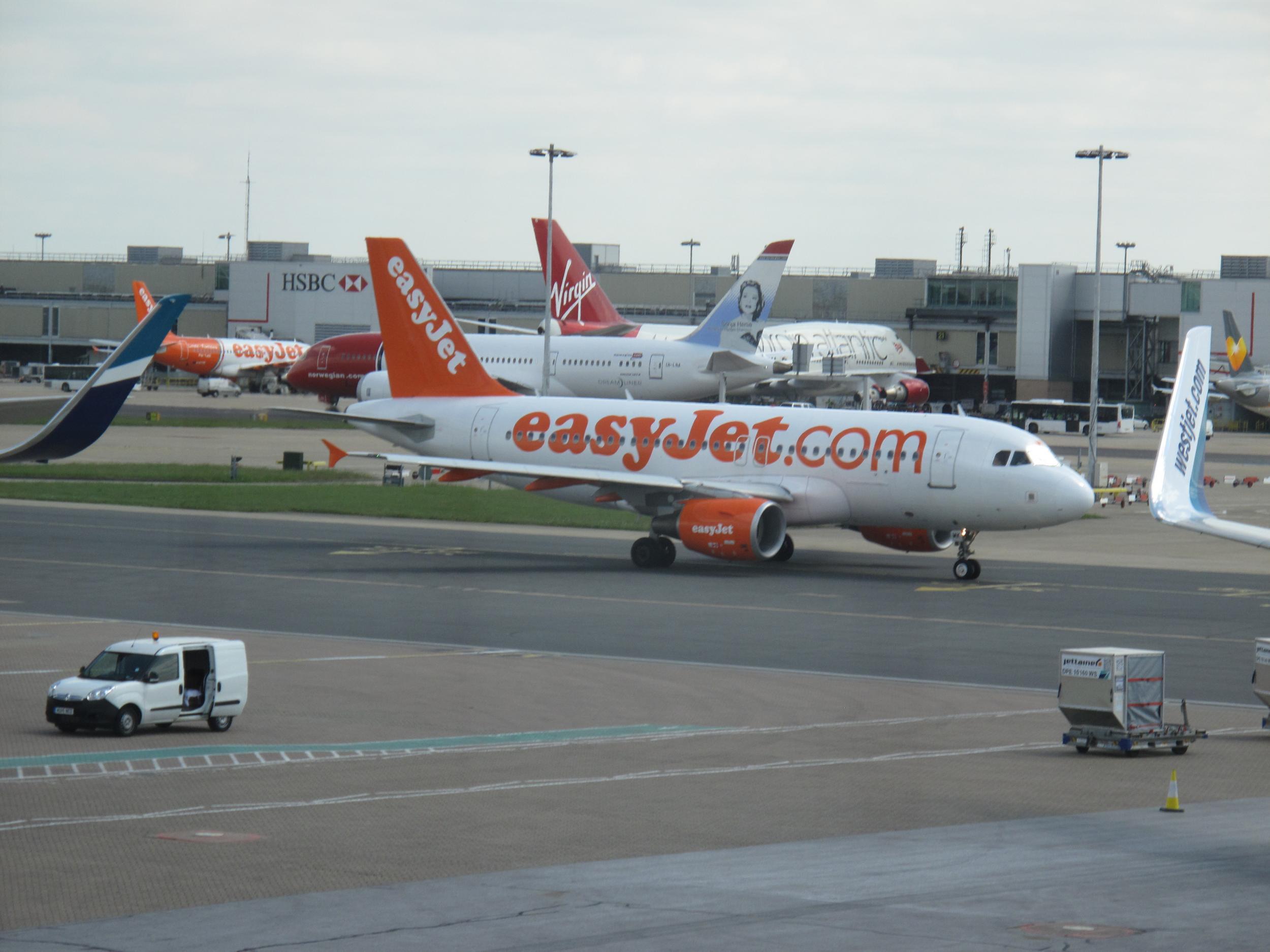Airlines rubbish government plans for greater transparency on fares and charges
‘We will explore ways to improve and enhance the information available, so passengers can make well-informed decisions,’ says air minister Baroness Sugg

Your support helps us to tell the story
From reproductive rights to climate change to Big Tech, The Independent is on the ground when the story is developing. Whether it's investigating the financials of Elon Musk's pro-Trump PAC or producing our latest documentary, 'The A Word', which shines a light on the American women fighting for reproductive rights, we know how important it is to parse out the facts from the messaging.
At such a critical moment in US history, we need reporters on the ground. Your donation allows us to keep sending journalists to speak to both sides of the story.
The Independent is trusted by Americans across the entire political spectrum. And unlike many other quality news outlets, we choose not to lock Americans out of our reporting and analysis with paywalls. We believe quality journalism should be available to everyone, paid for by those who can afford it.
Your support makes all the difference.Airlines have dismissed government plans to crack down on the way that extra charges are calculated and applied to flight bookings.
The Department for Transport (DfT) wants to improve clarity when travellers are booking flights so they can compare like with like, and reduce the occurrence of unexpected charges appearing just before the payment stage.
The aviation minister, Baroness Sugg, said: “When passengers book flights, they can sometimes be hit with additional charges over and above the original quoted flight cost.
“We want to ensure people have as much information as possible when making decisions over which flight to book.
“We will explore ways to improve and enhance the information available, so passengers can make well-informed decisions before deciding who to fly with.”
Before the no-frills revolution, airlines offered broadly the same deal, including a meal, a drink and a 20kg baggage allowance. But with the rise of easyJet, Ryanair and other budget carriers, every airline now has its own set of policies.
While consumers’ groups broadly welcome greater transparency, airlines have been scathing about the chances of such a plan succeeding.
“We all do things differently, and we all make it clear what our rules are,” said a senior executive at one low-cost carrier. “I just don’t see how it could work.”
Research by The Independent on a single route, London to Lisbon, shows the complexity involved. The four competing airlines – British Airways, easyJet, Ryanair and TAP Portugal – have wildly different policies.
BA offers an extremely generous cabin-baggage limit; Ryanair and TAP Portugal allow two pieces but no more than 10kg; and easyJet has no weight limit but restricts passengers to one piece.
On board, all except TAP Portugal (and British Airways’ business class) charge for food and drink; the Portuguese airline provides economy passengers with a complimentary sandwich, hot drink and alcoholic drink, which on other airlines would cost roughly £10.
It is not clear how such diverse information could be fairly presented in a digestible form.
The DfT is also investigating charges imposed by airlines for items such as baggage checked in at the airport and reprinting boarding passes – for which Ryanair has a £20 fee.
Officials are considering whether the charges are out of proportion to the costs involved. But airlines reject the accusation that their fees are unreasonable.
“All our charges are clear,” said the airline executive. “If you don’t like them, don’t book with us.”
Join our commenting forum
Join thought-provoking conversations, follow other Independent readers and see their replies
Comments